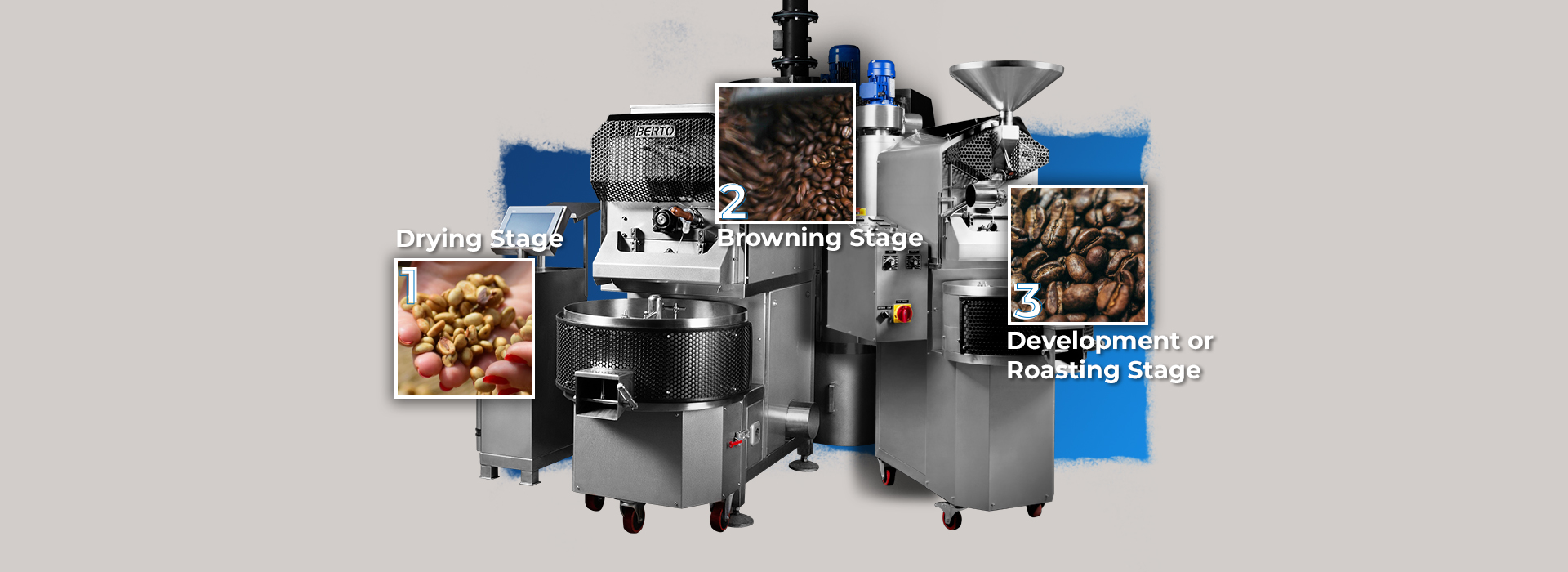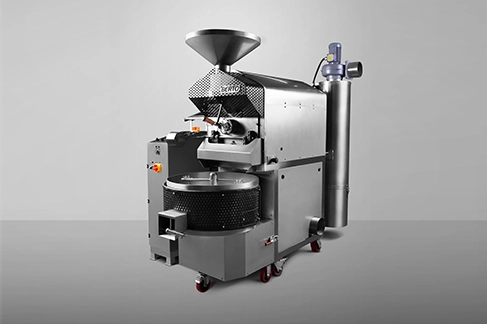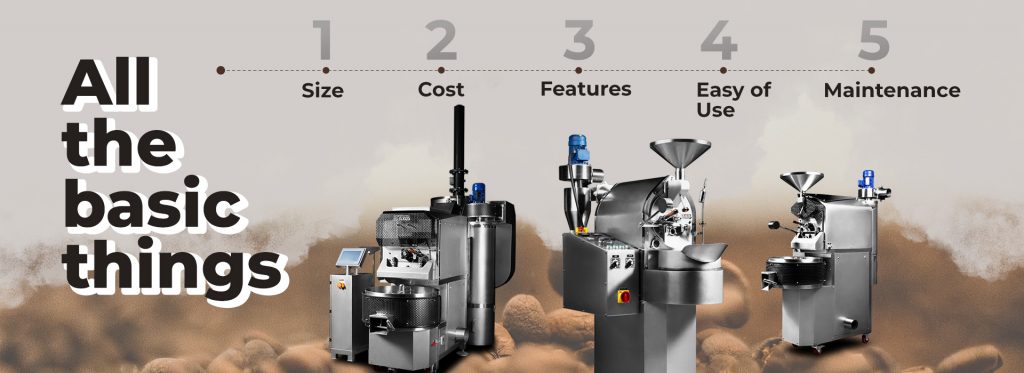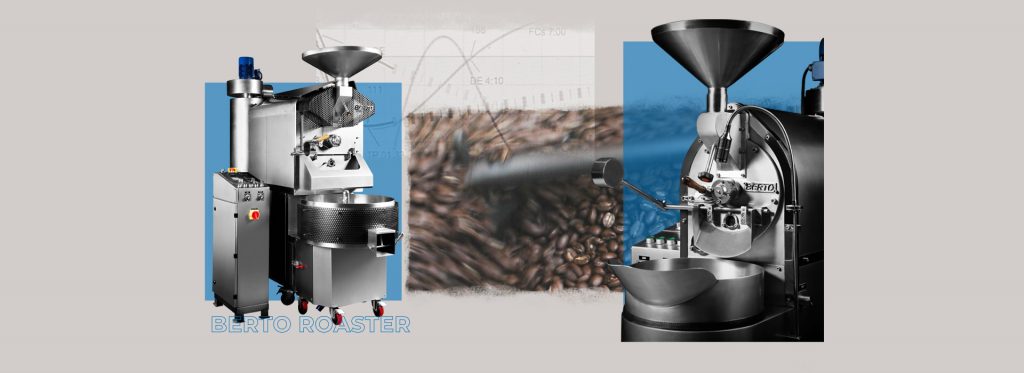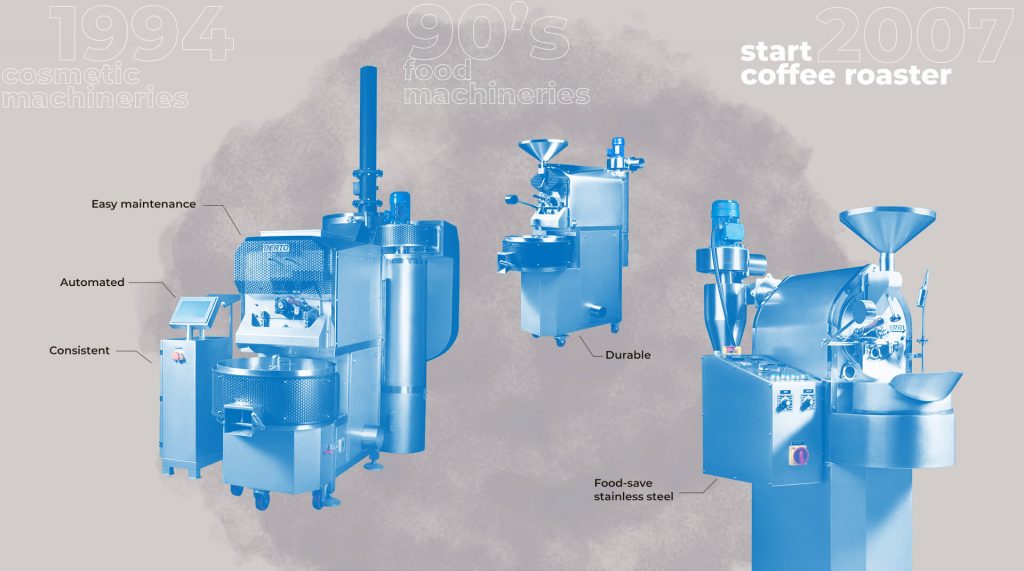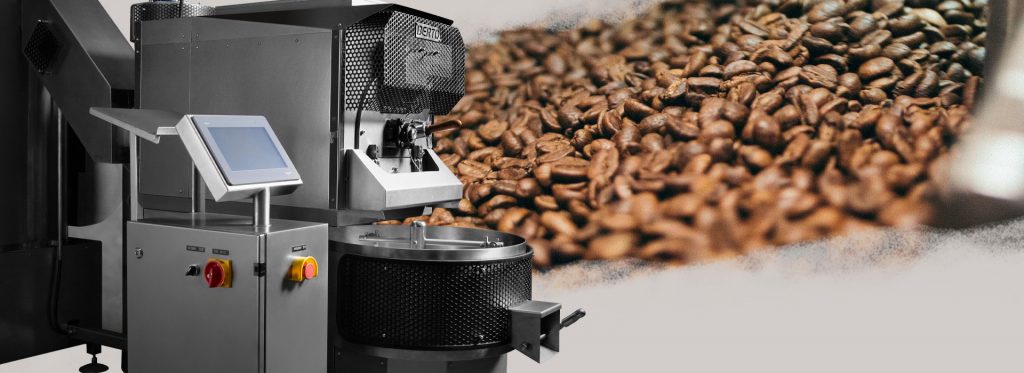What Coffee Roasters Actually Do
Coffee roasting is the process that transforms coffee beans from the raw green beans into brown ones that are the finished product, using heat. Coffee roasters take pride that they bring out the aroma and flavors that are locked inside the green coffee beans. Roasting coffee is not a simple process, there are various different ways of roasting that give various end results. During this process, from 800 to 1,000 different aroma compounds are developed, and these compounds affect the final flavor of the coffee.
During the time it takes to roast a batch of green coffee beans, there are hundreds of chemical reactions that take place, and controlling these reactions can be quite a challenge. Even the smallest changes in temperature, humidity, airflow, and time can make significant variations to the final cup, so coffee roasters have to be very exact with their roasting routine and environment.
What Really Happens During Coffee Roasting
There are three main stages that happen during the roasting process:
1. Drying Stage
On average, raw coffee beans have roughly 12% humidity. The first stage of the roasting process is to dry the beans before the actual roasting starts. Temperature control is very important during this stage so the beans don’t get burned from too much initial heat.
2. Browning Stage
After the drying stage, the aroma compounds are released and the drying stage is continued during the browning stage. This is the stage where the roast slows down so the flavors and aromas can be fully unleashed. At the end of the browning stage, the coffee beans start to pop – this is called “the first crack” and marks the start of the development stage.
3. Development or Roasting Stage
During the previous two stages, the coffee bean has collected energy that makes them explode. The development stage is when the wanted aroma compounds are developing. In this stage, the roast slows down even more to avoid the smokey taste and sharp flavors.
After these three stages are concluded, the roasted beans are cooled down before they are ready to be packed and sold. There are many variations of the finished product, but in general there are four color categories for roasted coffee beans: light, medium, medium-dark and dark.
The Many Roles of A Coffee Roaster
The most important job of a coffee roaster is mastering the roaster machine. A coffee roaster is responsible for delivering a certain quality of coffee beans that go through the roasting process. A coffee roaster works on a specific roasting profile, which is a set of parameters that the coffee roaster adheres to during the roasting process to achieve the desired outcome at every batch.
With Berto Roaster Machine, the roasting process is made easier. Our coffee roasting machine is equipped with Curve Control, an automated profile replicator which will help to maintain the consistency of the coffee beans no matter who operates the roaster machine.
A coffee roaster’s task is not only roasting dried coffee beans for sale at retail stores, coffee shops, restaurants and cafes. Oftentimes the responsibility also includes sourcing the coffee beans from around the world and roasting them to achieve different taste profiles. This may also include negotiating with coffee wholesalers or coffee farmers. A coffee roaster must be truly passionate about coffee and has a deep knowledge of specialty coffee.
Below are the many tasks of a coffee roaster:
- Sourcing good quality coffee beans
- Mastering the roaster machine
- Keeping the roaster machine in good condition
- Analyzing data from the roasting logs
- Planning the roasting schedule
- Tracking and maintaining inventory for both green and roasted coffee beans
- Regular tasting to ensure the consistency of the end products
- Experimenting with different roast profiles
- Developing new coffee variations
- Managing and teaching staff
- Educating customers by conducting cupping sessions, workshops and answering enquiries
- Product sales and marketing
In short, coffee roaster s are not “just” roasters, they are artists, scientists, engineers, craftsmen, teachers, mentors, influencers, and business people.

